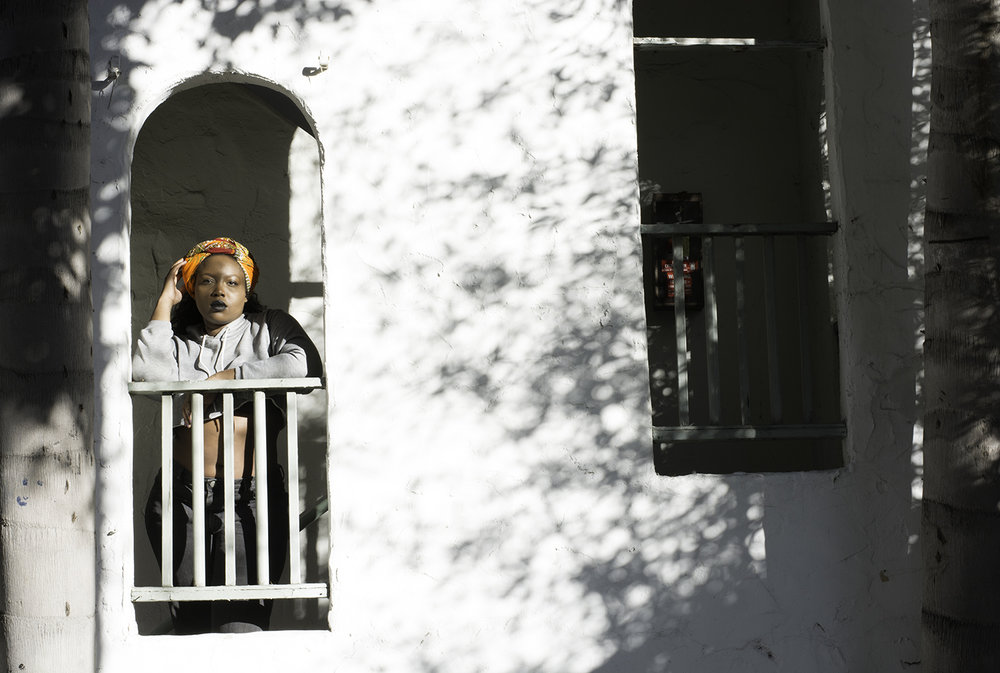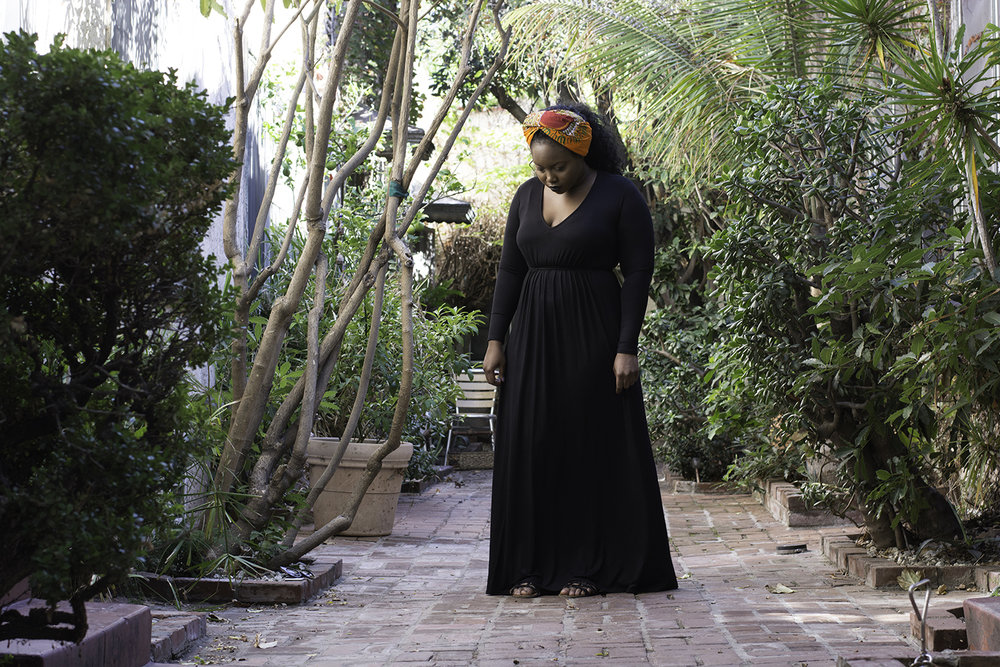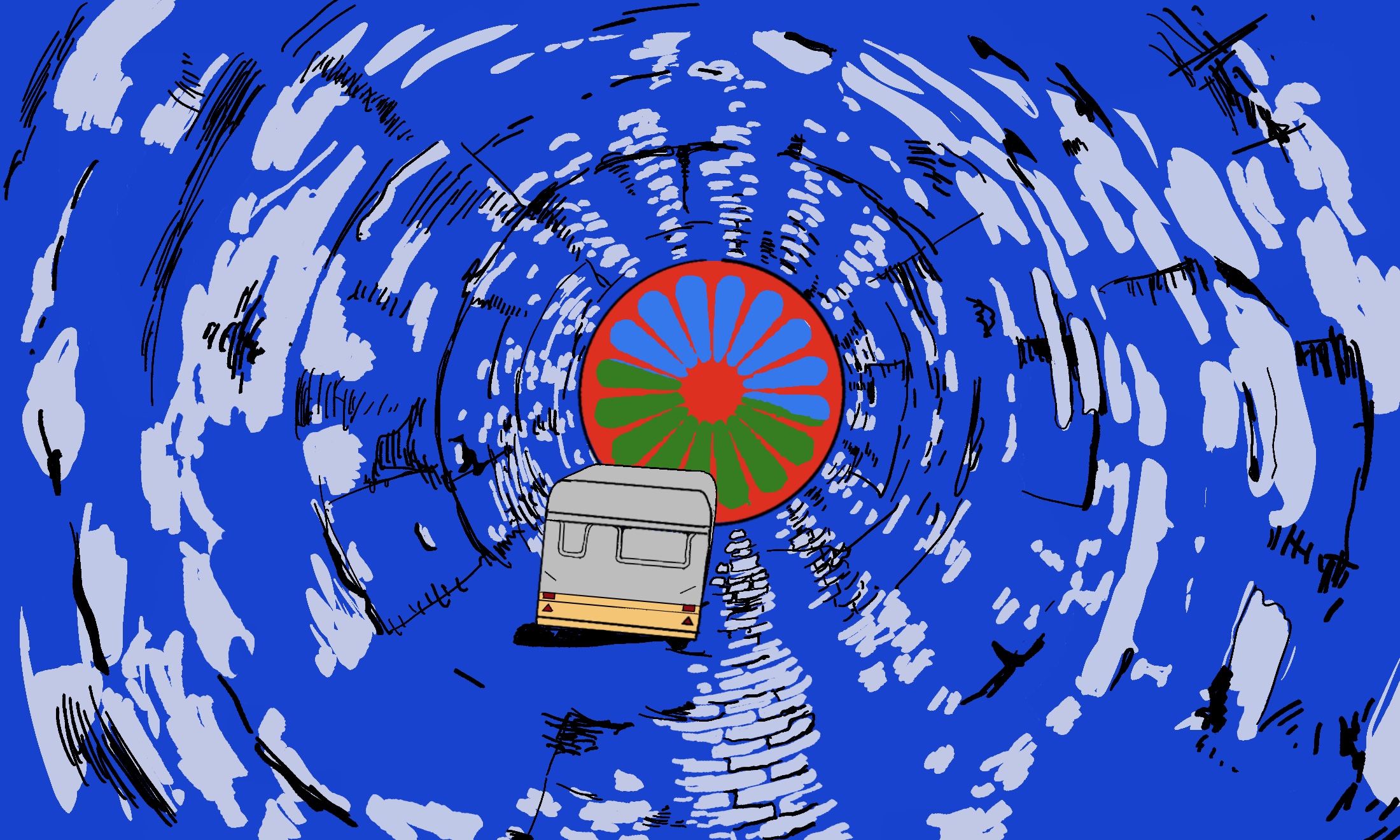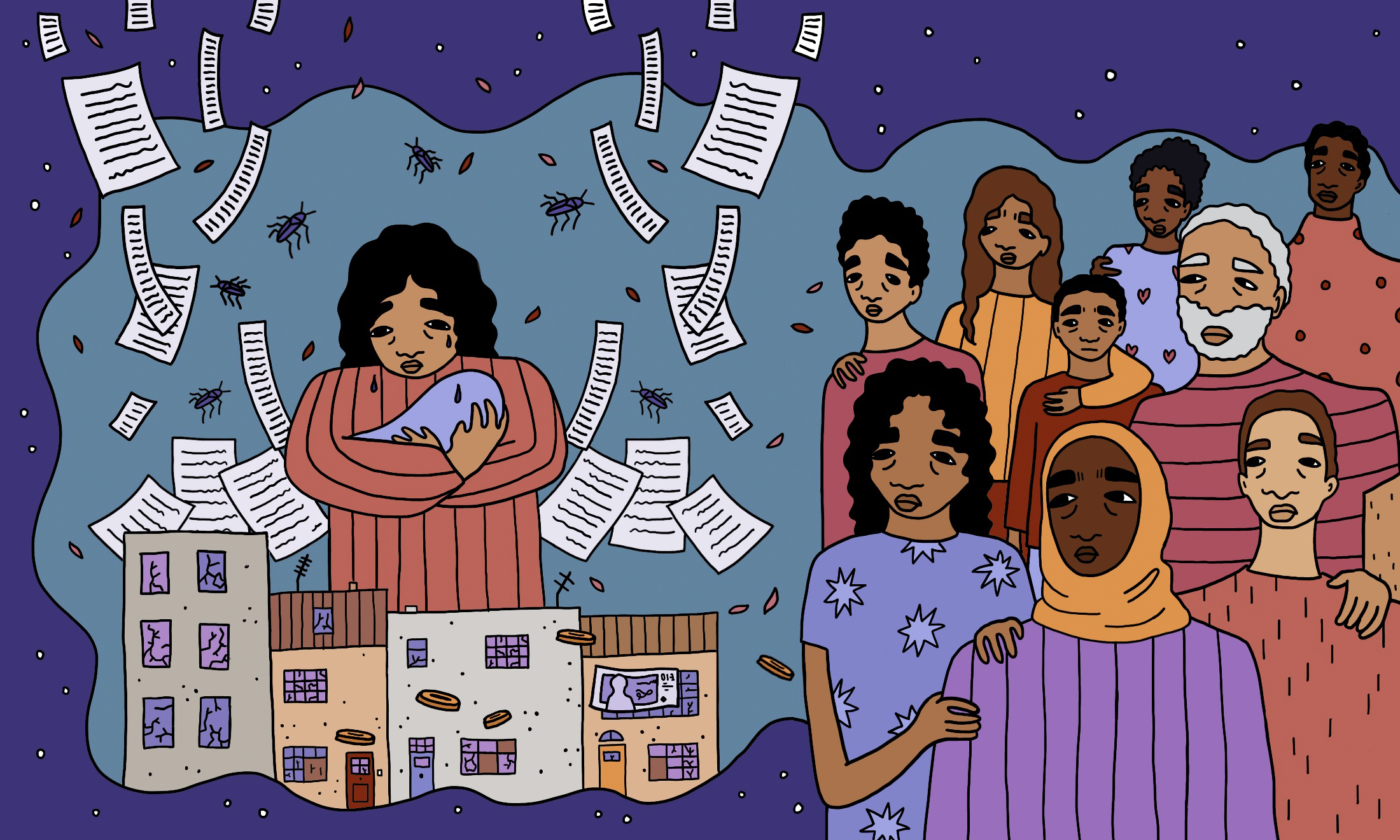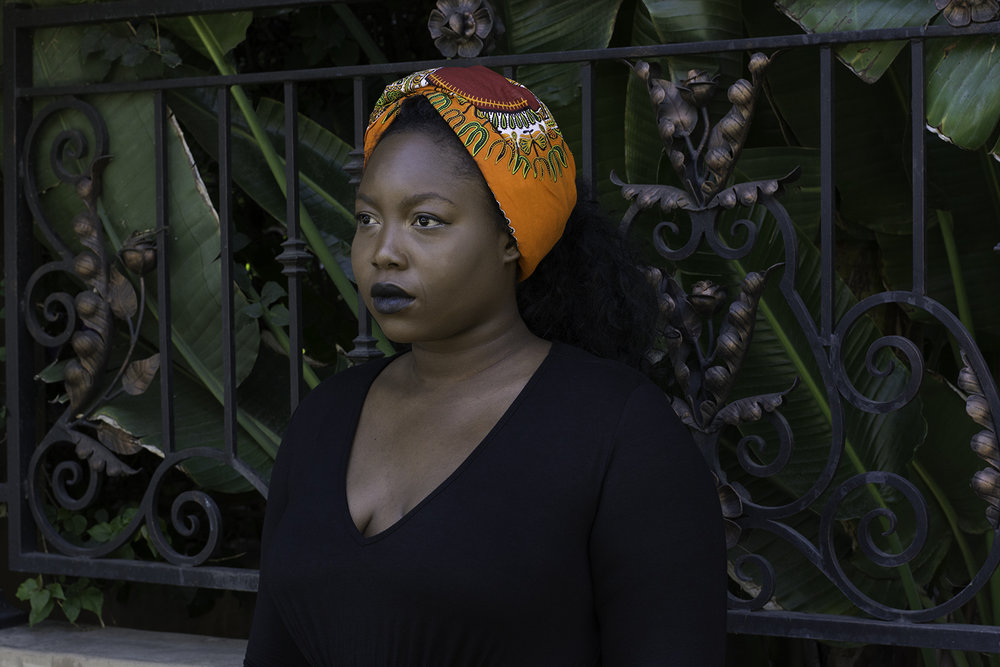
The music of Ghanaian singer-songwriter Ria Boss is imbued with emotional honesty that revels in the infinite capacity of growth and healing from trauma. With the recent release of her stellar debut EP, Find Your Free, all that Ria asks is for people to get comfortable with themselves.
“We have to be able to tell the truth,” the Accra-based artist told me over e-mail a few days after the record’s release. “[We have] to say the things about ourselves that we are scared will alienate us from others. We all want to belong, but at what cost?”
The truth-telling that Ria engages in through her music began prior to the EP’s release via a series of social media posts she dubbed the Find Your Free Diaries. In the Diaries, Ria shared autobiographical vignettes and photos recounting the debilitating thought patterns and personal experiences that led to a deep and near-fatal cycle of depression.
The portraits Ria chose to share were paired with captions reflecting on moments of healing and self-discovery during that period. With each digital exhumation of her past came an avalanche of comments from others who empathized with the feelings of shame, detachment and self-loathing that she was recovering from.
“I shared things about myself many people had no idea about, including family members. It was tough, but it had to be done. I believe in honest art, I believe we must dig deep in ourselves and share in order to connect with others. I was scared, but I was excited with what the impact of sharing could be.”
Ria was raised by her mother and grandmother, and both women factored heavily into the singer’s musical development over the years. “[M]y grandmother enrolled me in piano lessons growing up,” she explained. “I went to a wonderful white-haired lady named Mrs. Nartey [who] vocal trained me and put me in her choir.”
Her mother’s eclectic musical palate also exposed Ria to the likes of Stevie Wonder, Toni Braxton, Bibie Brew, John Coltrane and Hugh Masakela among others, and she began to “fall in love with sounds, manipulating them, and creating [her] own melodies.”
These days, Ria is able to recognise and honour the light in herself, and on her debut offering, acknowledges life’s emotional slumps and pitfalls while making the case for the power within us all to stay afloat despite the unpredictability of modern existence. “I believed that sharing it would allow people to get to know me, [to] understand the person they would be absorbing sounds from. That matters.”
For far too long, social propriety coupled with the pervasive stigmatisation of anxiety and depression has prevented many Ghanaians from engaging in open and honest conversations about the struggles they face with their emotional and mental health. However, these issues have gained greater visibility in recent years thanks in part to a growing number of local artists, activists and organisations who are creating communities both online and IRL that allow for constructive judgement-free dialogue among millennials on their emotional and psychological wellness.
As an artist who refuses to be burdened by shame, Ria adds an invaluable body of work to these burgeoning conversations with Find Your Free, which she describes as a “healing project”.
https://soundcloud.com/officialriaboss/sets/find-your-free-ep
“I was tired of pretending. Tired of acting like things didn’t hurt, that I wasn’t fragile,” Ria says with regard to her decision to speak out about her depression. “I think in order to have conversations about things that make us feel uncomfortable, we must first confront them. Own the memories. I shared so you could share, so she could share. I shared so that maybe people will understand that we all go through darkness, it’s OK to have moments of weakness and you are not alone. You are also not alone in wanting to find healing.”
Each track on Find Your Free was mixed by Ria, and on songs like ‘Golden’ and ‘Love Yourself,’ she urges us to know our worth so that we can look beyond our social feeds and timelines to find happiness. “I had the most fun with ‘Love Yourself.’ I got to really talk my shit and love on myself.”
“For ‘Love Yourself’ I worked with Superficial, a producer I met in New York. He sent me that instrumental and I immediately fell in love. I made ‘WhoULuv’ when I was still living in New York with a good friend and collaborator Abel Shifferaw. It was interesting to place this on an EP with songs that were recorded more recently, but I think it’s the perfect fit.”
“I had the amazing EDWVN‘s help on ‘On Interlude.’ Full disclaimer, [I] love love love Edwin! He’s magic. He sent me [the instrumental] a while back and it also just fit so well. I produced ‘Golden’, ‘Flame On’ and ‘Everything’ myself in the comfort of my West Hollywood apartment with my cat Nala watching on. Those songs were made in solitude [and] I quite enjoyed that. Finding my free meant also being able to take charge of my craft. I want to be able to compose the stories I see in my brain in real time so those songs became reflections of this.”
The EP’s images, taken a 2-hour drive outside Accra in the coastal town of Ada, were spontaneously realised with the help of photographer Sedudzi Tsegah. “I messaged [Sedudzi] three weeks prior, rambled about nature and water and frolicking about semi-nude and in less than 24 hours he got back to me with an idea,” she explained. “I loved the idea of having the cameras catch me just being as I discovered things myself. I got to play with a bunny. I wore […] barely any makeup and felt free. I wanted to make sure that when you saw the image, you could almost feel how free I felt.”
Since the release, Ria has been surprised by the overwhelmingly positive response, but she is already looking ahead to new work. On her website, Ria mentions a forthcoming film that she told me captures “some key moments along the Find Your Free journey.”
“Now that I’ve finally debuted, it’s only the beginning. I’m brewing with new ideas and excited to get them off the ground. I am inspired by the production of EDWVN, challenged by the writing of Eli Tetteh, seeing a magazine like Signatures makes me hopeful for the representation of our Ghanaian creatives worldwide. These examples I’m giving are just a few of the many ways this new community of creatives is challenging and creating meaningful work that represents an evolving people and a versatility in creation. This work allows for me to exist in this space. Without this community I would not have the courage to share, to lend my voice to the narrative. This work means progress.”
Keep up with Ria on Twitter and Instagram.

